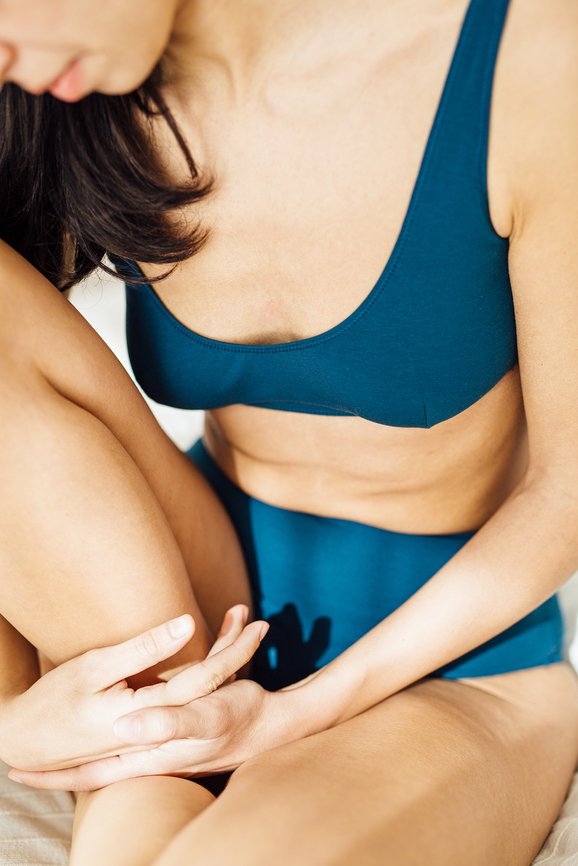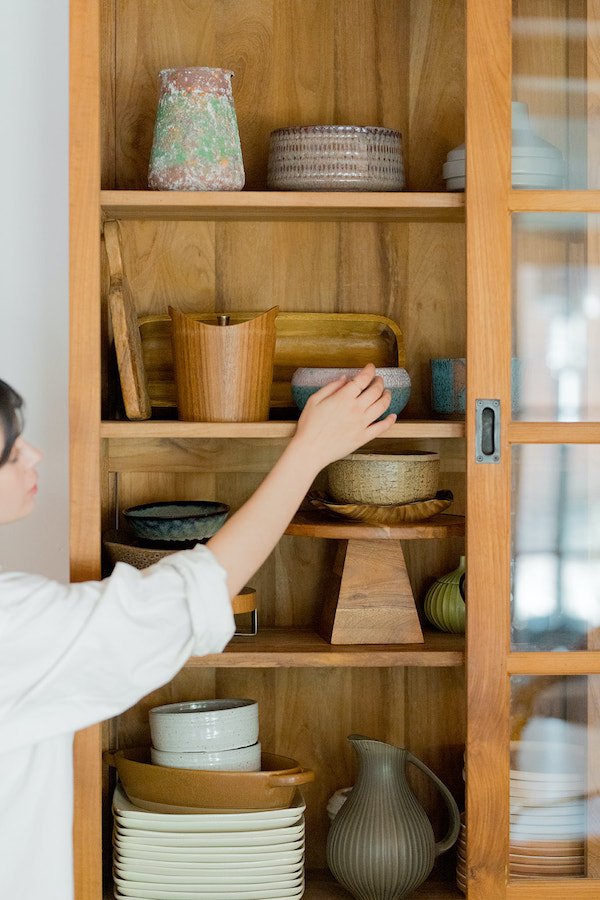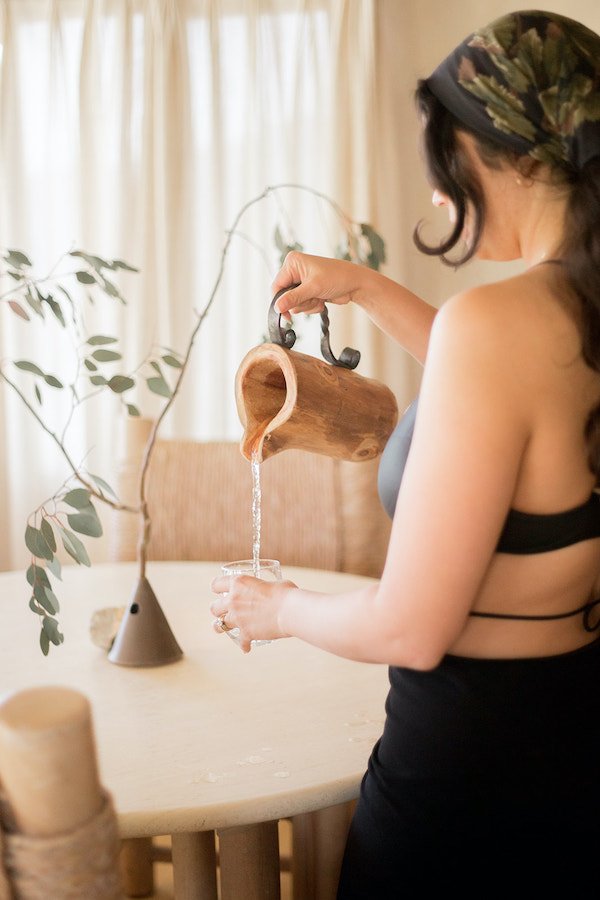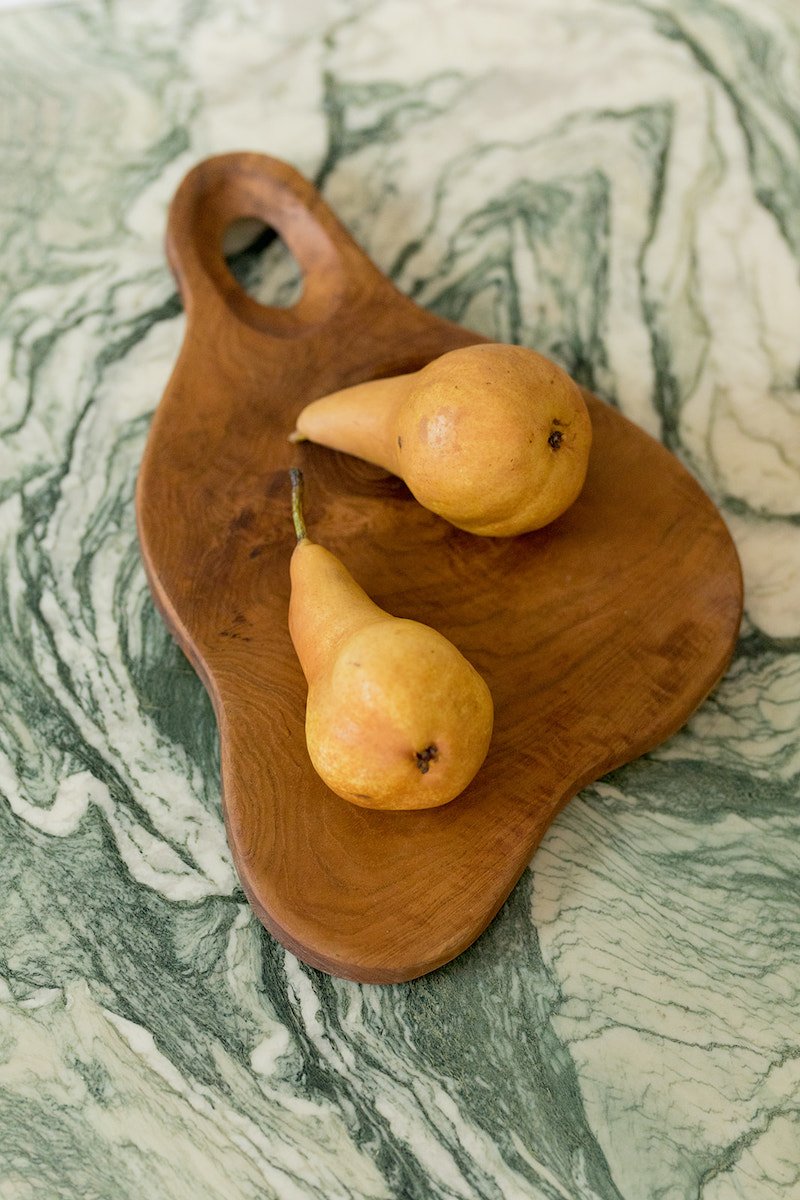
The Societal Pressure To Shave Pubic Hair (And Why I Don’t)
A Case For Embracing Your Bikini Line
When I started going through puberty, much like other kids my age, I was surprised by the sudden growth of hair on my body, particularly on my vulva. Pictures in magazines showed models with clean and hair-free skin, and when I started watching porn, I noticed all the women had clean-shaven vulvas. The confusion and lack of adequate knowledge about my body led me to feel ashamed about my body hair, so I started shaving.
At first, I felt more confident. But after a while, I began to dread the whole shaving process. It was time-consuming and expensive and also damaging to my skin. It didn’t make masturbation or sex more pleasurable, either—unlike what I’d been told from the media. And so, I abandoned these pursuits, deciding to give up shaving. But getting there was a long-term process, one that involved unlearning decades of internalized shame.
The History of Pubic Hair Removal
Repetitive shaving, especially when done with haste or inexperience, can be dangerous. (Anyone else shaved quickly before throwing on a swimsuit and going to the beach?) Many of us have likely experienced the occasional cut or ingrown hair. Shaving can also lead to microtears and even infections.
“It’s estimated that women will spend nearly $10,000 on shaving products throughout their lifetime.”
Moreover, shaving and body hair removal is expensive; it’s estimated that women will spend nearly $10,000 on shaving products throughout their lifetime. So why do a large number of us feel obligated to keep shaving?
For the most part, body hair is very gendered, and the bulk of body hair removal products have always been marketed towards women. The hair removal movement began in the early 20th century, and by 1940, 56 percent of all American ads touted hair removal as best practice. Only two decades later, 98 percent of women in the USA (ages 15 to 44) were practicing some form of hair removal, including removing pubic hair.
In the United States today, over 80 percent of women groom their pubic hair. Studies have found the motivations for grooming and shaving vary, though the top reasons are for hygiene, sex, medical appointments, and because people believe it makes “their vagina look nicer.” Pubic hair removal happens worldwide as well—a recent study conducted in Belgium found that women primarily shave for sexual reasons and as “a way to enhance feelings of femininity.”
But these beliefs about body hair, and more specifically pubic hair, have changed in mainstream media in the past few decades. In the 1970s, during the second wave of feminism, many feminists started sporting armpit hair as a means of protest. This is true today of not just feminists but. also queer folks using body hair as a radical way of expressing themselves. Brands are changing their tune, too. Youswim, a UK swimwear label, includes imagery of their suits on all types of bodies, include people with visible pubic hair.
“While white folks are celebrated for protesting these beauty standards and letting their hair grow, women of color are demonized for pushing back against these narratives.”
However, it’s important to note that while white folks are celebrated for protesting these beauty standards and letting their hair grow, women of color are demonized for pushing back against these narratives. As a woman of color myself, I’ve often been shamed for my body hair and refusal to shave.
Ultimately, feminism is about choices, and everyone should have the final say about what they want to do with their body hair. In my case, letting my pubic hair grow is a way for me to get in touch with myself.
If you’ve also been considering letting your pubic hair grow, here are a few of the benefits…
The Benefits Of Not Shaving Pubic Hair
There are multiple benefits to having pubic hair, especially if you have a vulva.
1. Growing out your pubic hair can save you time and money. Consider the minutes, if not hours, we spend (especially in summer months) shaving, waxing, or using laser hair removal to get that smooth skin. Here are some more stats on how much time and money we spend on shaving. But when you don’t shave, all that goes away!
2. Pubic hair is responsible to some extent for pheromone transmission. The pubic hair serves as a trap for pheromones released by apocrine sweat glands in the hair follicles, thereby aiding in the “mating” exercise. More importantly, it serves as an important visual representation of sexual maturation.
3. Our genitals need to be kept moist and warm to prevent dryness and chafing. Pubic hair serves as the perfect blanket; hair follicles secrete sebum, thereby keeping the area naturally moisturized.
4. If you are asexual and/or these reasons don’t appeal to you, maybe this will: OBGYNs across the board have stated that having pubic hair is not considered unhygienic. It only serves to cushion and protect the genitals. Having pubic hair is natural and protects our genitals from friction, abrasions and even certain STIs.
“Having pubic hair is natural and protects our genitals from friction, abrasions and even certain STIs.”
A note on caring for your hair. Much of our fear surrounding pubic hair comes from a lack of understanding of maintaining and grooming the hair. Pubic hair takes on a similar shape and texture, much like the hair on our scalp. It’s important to wash your hair in the shower every day with mild soap and lukewarm water. There are also pubic hair oils, and this really is a personal preference so long as you are not allergic.
Finally, growing out a full bush may not be everyone’s cup of tea, so it’s all about finding what grooming looks like for you. Bottom line: Your hair is a part of who you are as a person and how you choose to engage with yourself. Why not extend this to include your pubic hair?
Varuna Srinivasan is a queer immigrant woman of color. She writes and creates educational content around decolonizing sexual health, prioritizing emotional wellness, and reproductive justice. You can find her work online and on Instagram.
RELATED READING




